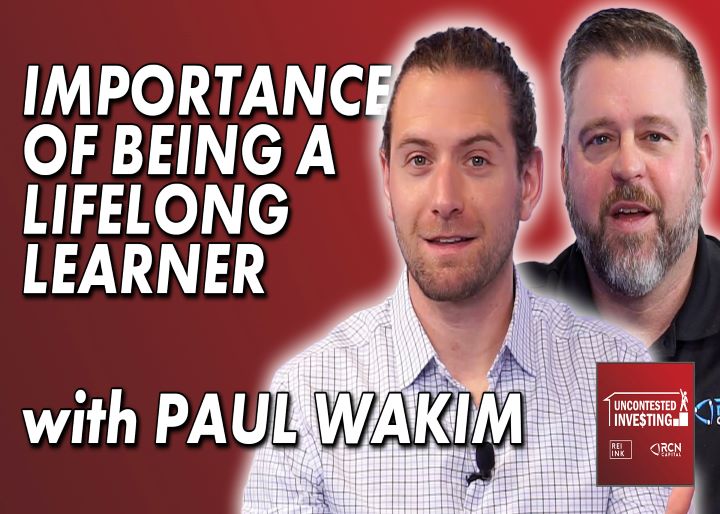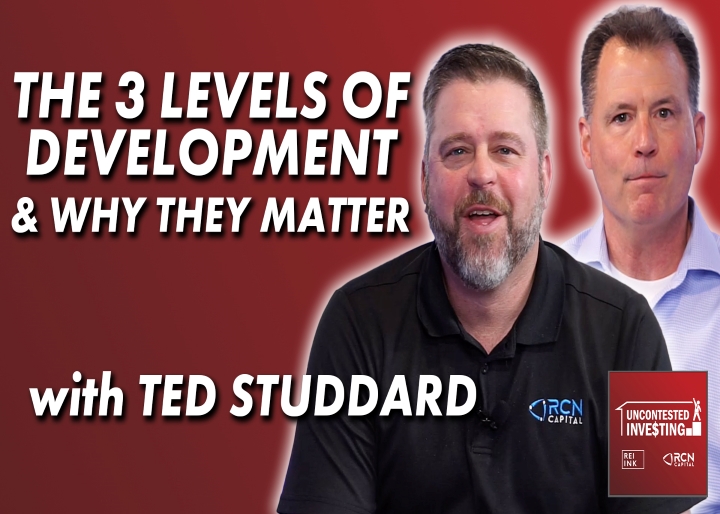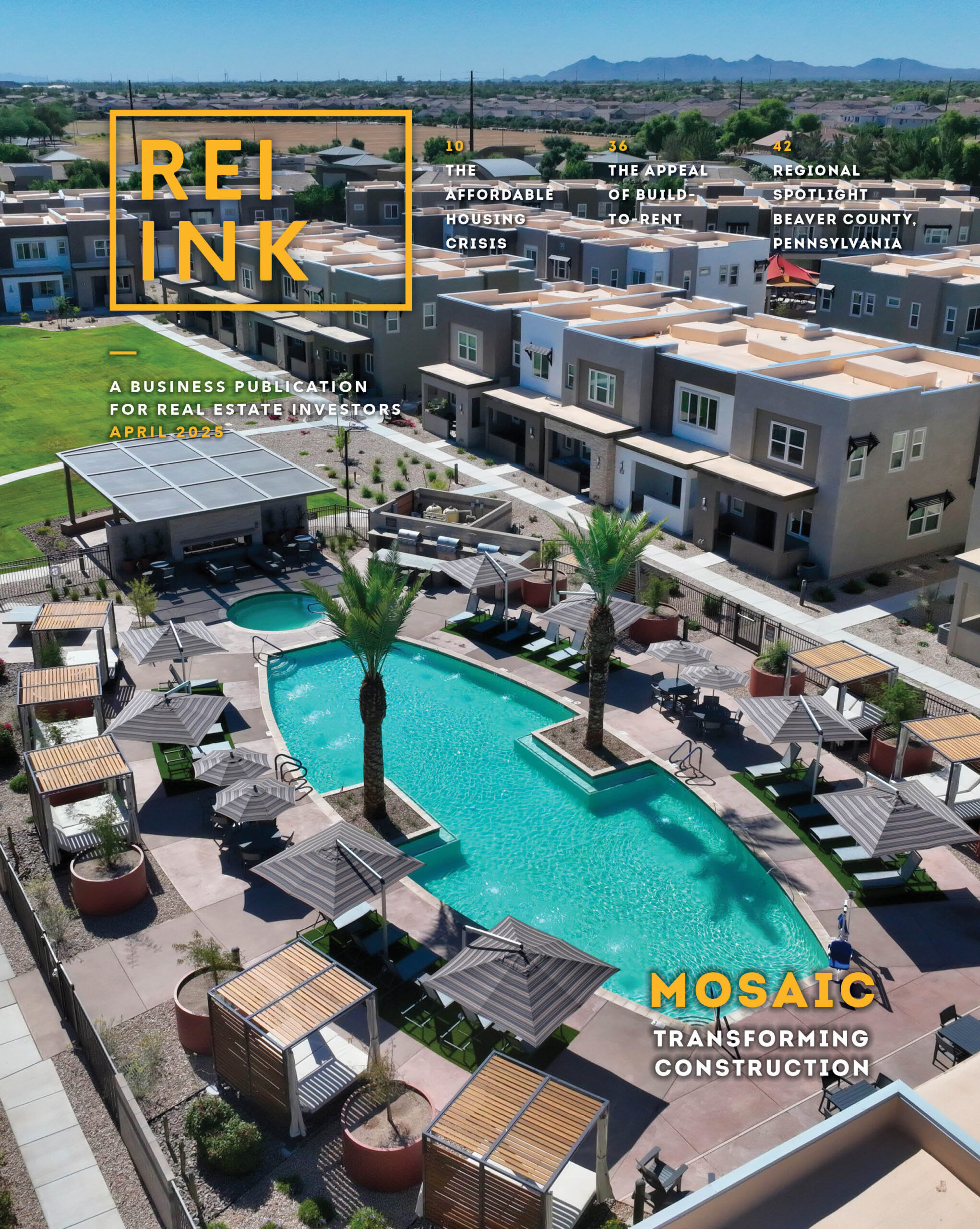The Power of Buying Back Time
Dr. David Phelps is the founder of Freedom Founders, an exclusive real estate investing community dedicated to helping people achieve financial freedom through real estate. David is a retired dentist who transitioned from his practice to real estate investing to be with his family and he has been helping others do the same for years. Listen now to learn more about David, Freedom Founders, and what it took for him
Read More












